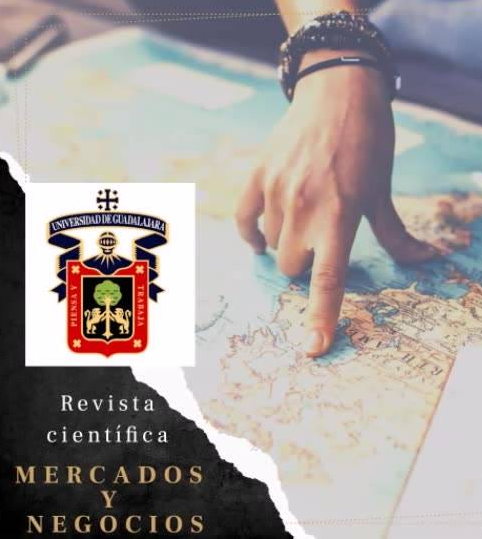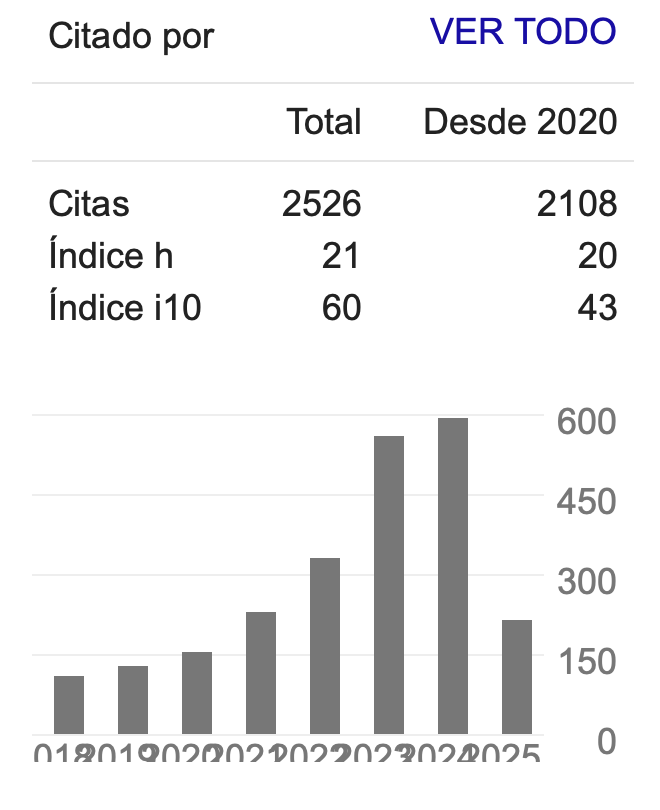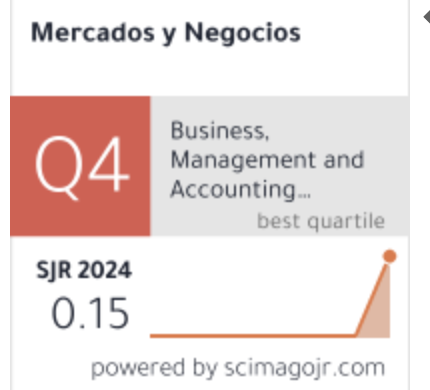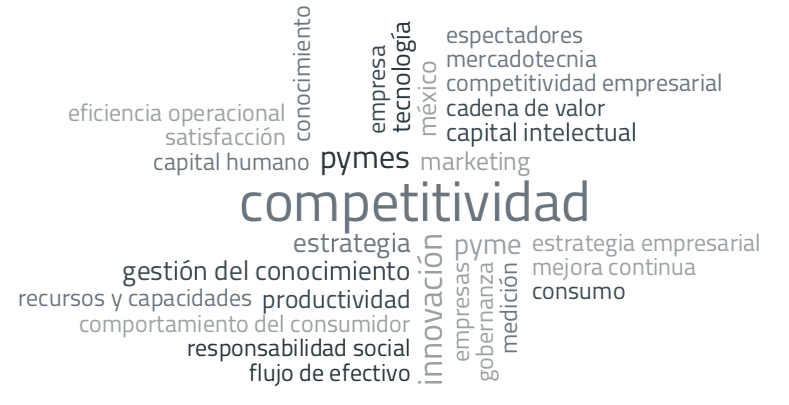Knowledge management in small companies in Tepic, México.
DOI:
https://doi.org/10.32870/myn.v0i15.5069Abstract
La administración del conocimiento ha tenido un considerable avance en años recientes, lo cual ha incidido en la aparición de estudios sobre cómo una organización puede adquirir, almacenar, desarrollar y compartir el conocimiento generado por sus miembros. Este estudio explora y analiza 40 pequeñas empresas de menudeo en Nayarit, mediante la metodología propuesta por el eKnowledge Center (2000), cuya encuesta se utiliza como modelo de administración del conocimiento en las empresas estudiadas.References
Alavi, M., & Leidner, D. E. (2001). Review: Knowledge management and knowledge management systems: Conceptual foundations and research issues. MIS quarterly, 107-136.
Arboníes, Á. L. (2001). Cómo evitar la miopía en la gestión del conocimiento. Díaz de Santos.
Arrow, K. J. (1971). The economic implications of learning by doing. InReadings in the Theory of Growth (pp. 131-149). Palgrave Macmillan UK.
Bushko, D., & Raynor, M. (1998). Knowledge management: new directions for IT (and other) consultants. Consulting to Management, 10(2), 67.
Darroch, J. (2003). Developing a measure of knowledge management behaviors and practices. Journal of knowledge management, 7(5), 41-54.
Davenport, T. H., & Prusak, L. (2000). Working knowledge: How organizations know what they know. Harvard Business School Press, Boston, MA.
Davenport, T. H., & Prusak, L. (2001). Conocimiento en acción como las organizaciones manejan lo que saben. Prentice Hall.
Dixon, N. M., Hernández, C. E. G., & del Castillo, D. D. (2001). El conocimiento común: cómo prosperan las compañías que comparten lo que saben. Oxford University.
Fui-Hoon Nah, F., Siau, K., & Tian, Y. (2005). Knowledge Management Mechanism of Financial Service Sites: How can we effectively acquire, use, and manage knowledge via the Web?. Communications of the ACM, 48, 117-123.
Gallivan, M. J. (1997). The importance of organizational culture fit: A technology implementation success story. Failure and Lessons Learned in Information Technology Management, 1(4), 243-257.
Gottschalk, P., & Khandelwal, V. K. (2003). Determinants of knowledge management technology projects in Australian law firms. Journal of Knowledge Management, 7(4), 92-105.
Henczel, S. (2000). The information audit as a first step towards effective knowledge management: an opportunity for the special librarian. Inspel, 34(3/4), 210-226.
Hibbard, J. (1997). Knowing what we know. Information week, 653(20), 46-64.
Kim, S. (1999). The Roles of Knowledge Professionals for Knowledge Management.
Lindley, R. M. (2002). Knowledge-based economies: the European employment debate in a new context. The New Knowledge Economy in Europe. A Strategy for International Competitiveness and Social Cohesion, Edward Elgar, Cheltenham and Northampton, 95-145.
Nahapiet, J., & Ghoshal, S. (1998). Social capital, intellectual capital, and the organizational advantage. Academy of management review, 23(2), 242-266.
Pollard, D. (2005). The future of knowledge. Across the Board, 42, 54-60.
Roth, C. L. (2004). The role of the ergonomist as a business management asset. Occupational Hazards, 66(9), 93-101.
Shockley III, W. (2000). Planning for knowledge management. Quality Progress, 33(3), 57.
Siau, K. (2000). Knowledge discovery as an aid to organizational creativity.The Journal of Creative Behavior, 34(4), 248-258.
Stabell, C. B., & Fjeldstad, Ø. D. (1998). Configuring value for competitive advantage: on chains, shops, and networks. Strategic management journal, 413-437.
Schwartz, D. G., Divitini, M., & Brasethvik, T. (2000). On knowledge management in the Internet age. Internet-based organizational memory and knowledge management, 1-19.
Taft, W. (1999). Anthropological Perspectives on Cultural Knowledge and its management. KM ANSI. isoSpring, MD.
Downloads
Published
How to Cite
Issue
Section
License
Mercados y Negocios by Department of Mercadotecnia y Negocios Internacionales. University of Guadalajara is licensed under a License Creative Commons Attribution-NonCommercial 4.0 International.
The author retains the copyright.








